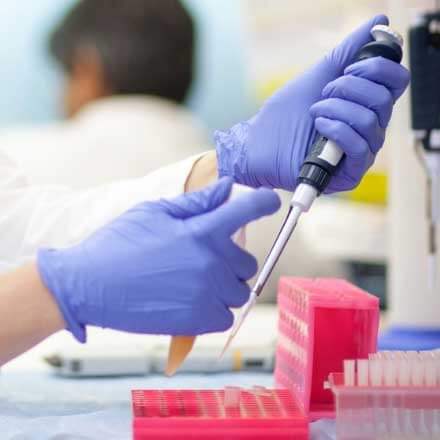Speaker Profile
M.D., Ph.D., Professor of Oncology, Sidney Kimmel Comprehensive Cancer Center, Johns Hopkins University
Biography
Dr. Mark Levis’ broad research goals are to identify and validate novel molecular therapeutic targets in hematopoietic malignancies. His research group is interested in the identification and pre-clinical development of novel targeted therapies, and, in particular, the “translational” step of this research by using correlative studies to incorporate these novel therapies into existing treatments. Currently, Dr. Levis is actively involved in the pre-clinical and clinical development of small molecule kinase inhibitors targeting signaling pathway in acute myeloid leukemia, with a particular focus on FLT3. He completed a baccalaureate in genetics at U.C. Berkeley, and is a graduate of the Medical Scientist Training Program from U.C. San Francisco. He completed his residency training in internal medicine and a fellowship in medical oncology at Johns Hopkins University.
Talk
Acute Myeloid Leukemia: Bringing Order Out of Chaos
Acute myeloid leukemia (AML) is an aggressive hematopoietic malignancy that is molecularly heterogeneous. Survival for AML patients is improving slowly, thanks to emerging new therapies, but choosing the right therapy for each patient is only going to happen with the introduction and widespread use of precise, standardized diagnostic assays.
Session Abstract – PMWC 2017 Silicon Valley
Session Synopsis: The advancement of the field of Precision Medicine, including the “Moonshot” to cure cancer, along with a variety of proposals to share big data are promising. But these endeavors will prove frustratingly empty unless we recognize and address the shortcomings of current diagnostic tests and the generation of “big data”. Further, money drives success and reimbursement depends on demonstrating that biomarker tests provide clear clinical value. This value proposition will lag unless we embrace standards, which exist but are not being embraced by the international community. This session will show how design-controlled development and validation of internationally harmonized biomarker assays will prove critical to achieving the promise of precision medicine.




